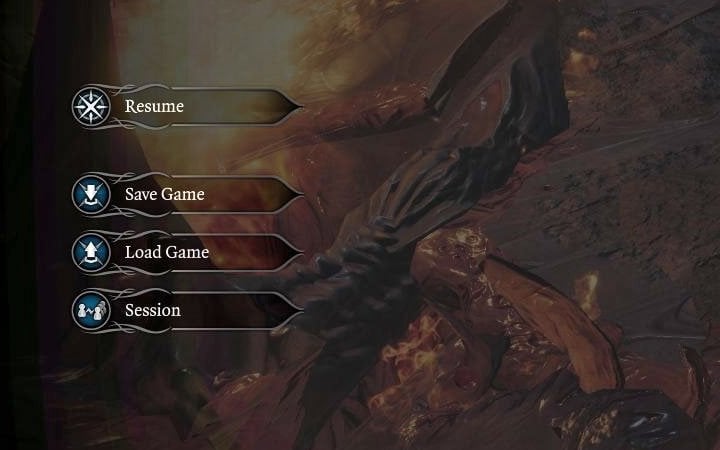Baldurs Gate 3: When to save the game?
Don't you know how to quickly save in BG3? In this guide, you'll learn what are the best moments for saving the game and when the autosave feature works.
Last update:
This page of the Baldurs Gate 3 game guide informs when you can save the state of the game, when your progress is automatically saved, and in what situations it is best to save the game to avoid potential failures.
How to save the game?

Your progress can be saved in three different ways:
The first method involves automatic saves, i.e. ones that are generated without any actions on your part. The game always shows confirmation that a new autosave has been created correctly. Automatic save files are generated at important moments of the game, e.g. before a major battle, before entering an important quest location, and before meeting an important independent character.
The second method involves quick saves that are created upon pressing the F5 key. You can also use the F8 key to quickly load the most recent save file.

The good news is that you can change settings for automatic and fast saving in the game options. Take particular interest in the Save Options section. You can turn autosaving on or off, as well as set the maximum number of separate automatic and quick saves. It's definitely worth having more of them. This will allow you to easily load a much earlier state of the game, e.g. in the situation of not playing a big battle well or acting in the wrong way in a longer quest.

The third and last method involves manual saves, which you can select from the "pause" menu. In this case, there is no limit to the number of save files (other than the capacity of your hard drive). It is also useful, that you can name each manual save, for example, so that it is easier to find one from a particular stage of the game on the list of all save files.
When to save the game?

You should choose to save the state of the game before examining an interactive object, before attempting to use lockpicks, and before talking to an NPC. This way you can protect yourself from:
- Failing a Skillcheck. It is a roll of the dice and depending on its outcome, the test may end in success or failure. Loading an earlier save file will allow you to easily repeat a failed test in the hope that the next approach will be successful.
- Losing Thieves' Tools after a failed attempt to pick a lock in a door or chest. The chance of a failed theft attempt increases if your character is not proficient in the Sleight of Hand skill.
- Death/receiving damage by one or more party members by activating a trap. In addition, you may lose the tools to disarm the traps if you tried to disable it. As with opening locks, try to disarm traps with a hero with the proficiency in Sleight of Hand.
- Acting the wrong way during a conversation. Some dialog options can, for example, discourage the interlocutor from joining the team or even provoke him to fight. Frequent saving will keep you from having to play an unwanted skirmish.

The game should also be saved before each fight begins. This will give you first of all a chance to prepare for the clash, e.g. by choosing the right equipment and spells for team members, dispatching heroes in onto the positions, or sneaking up onto opponents with the intention of executing a surprise attack. If any of these steps don't go your way, you can always load an earlier save file and easily correct your mistakes.
It's also worth saving the game right after a battle starts. It is not blocked in any way and you can create new save files even after every single move you make.
- Baldurs Gate 3 Guide, Walkthrough
- Baldur's Gate 3: Game guide
- Baldur's Gate 3: FAQ
- Baldur's Gate 3: Campaign
- Baldurs Gate 3: When to save the game?
- Baldurs Gate 3: Can I change difficulty level?
- Baldurs Gate 3: How to find quest Locations?
- Baldurs Gate 3: Who are Antagonists?
- Baldurs Gate 3: Are there Dragons?
- Baldur's Gate 3: How to acquire Infernal Iron?
- Baldurs Gate 3: What are Karmic Dice?
- Baldur's Gate 3: Who is the Strange Ox in BG3?
- Baldur's Gate 3: How to defend Halsin's shadow portal in BG3?
- Baldur's Gate 3: Campaign
- Baldur's Gate 3: FAQ
- Baldur's Gate 3: Game guide
You are not permitted to copy any image, text or info from this page. This site is not associated with and/or endorsed by the developers and the publishers. All logos and images are copyrighted by their respective owners.
Copyright © 2000 - 2025 Webedia Polska SA for gamepressure.com, unofficial game guides, walkthroughs, secrets, game tips, maps & strategies for top games.
